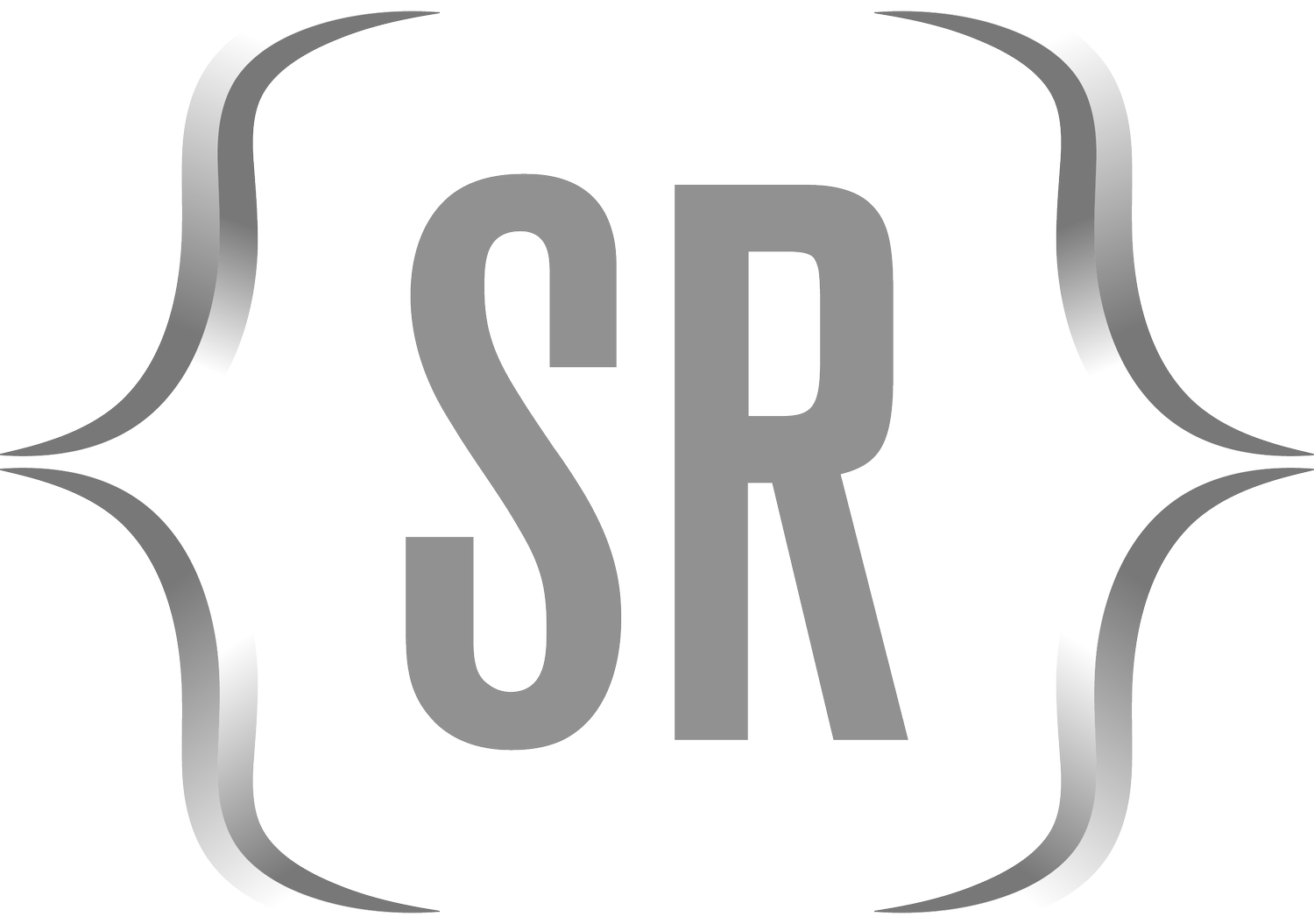The “rep” Function in R
Package: Base R (no specific package required)
Purpose: Replicates values to create a vector or array.
General Class: Data Transformation
Required Argument(s):
x: A vector or value to be replicated.
times: An integer specifying the number of times to replicate each element in x.
Notable Optional Arguments:
each: An integer indicating how many consecutive times each element of x should be repeated before the next element is taken.
length.out: An integer indicating the desired length of the result.
Example:
# Example data for using the rep function
values <- c(1, 2, 3)
# Replicate each value three times
replicated_values <- rep(values, times = 3)
# Display the result
print(replicated_values)In this example, the rep function is used to replicate each element in the values vector three times, resulting in a new vector (replicated_values). The times argument specifies the number of replications. The rep function is useful for creating repeated patterns or expanding vectors.
